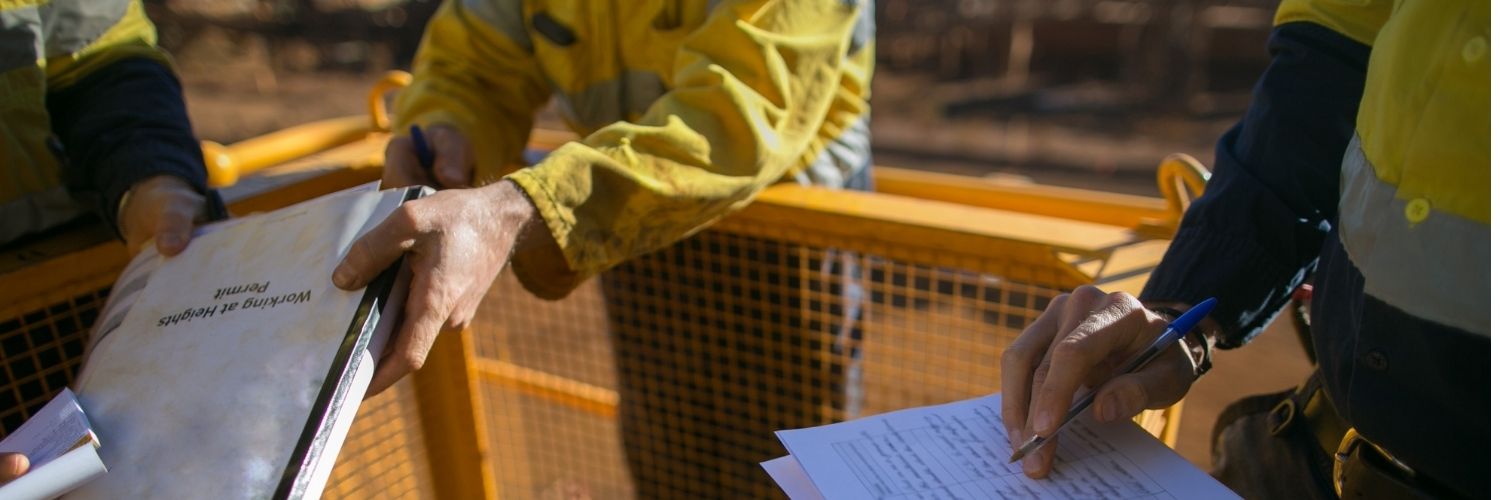
The 2014 National Safety Survey has shown that a lot of those who work in the EHS industry are experienced with a huge range of responsibilities. That being said, an EHS Professional is well compensated for the hard work that they put in. They save lives, and they are highly regarded as being essential in the business world. If you want to find out more then simply take a look below.
What does an EHS Professional Do?
All businesses, regardless of how big they are or what industry they work in, have to try and implement the right health and safety processes. This is normally based on industry guidelines or the regulations that are in place. The specific needs of the business and the employees that work there also need to be taken into account. An EHS professional needs to try and conduct a huge range of activities based on the responsibilities they have. Some of the tasks that are often assigned to an EHS can include choosing the right equipment, developing procedures, conducting training procedures, or even carrying out training sessions. They also need to develop procedures that negate the risk of injury or any dangerous threats. It doesn’t matter whether you need to employ a team of professionals or just a single person because you have to make sure that you understand the importance of an EHS so that you can keep your workers safe.
Keeping People Safe can be Challenging
Keeping the people who work for you safe, can be a challenging prospect. For a lot of EHS professionals, they need to deal with an uncooperating working environment. They face a grueling tug of war that comes with varying production demands. That being said, EHS managers tend to be resilient and a lot of them have years of experience. They also have their professional certification, which of course, helps them in achieving zero injuries in the workplace.
Higher Management Woes
If you were to own your position, you would need to be decisive and you also need to take responsibility. You need to say no when you believe that a procedure is going to put anyone at risk. Studies have shown that 35% of people who work in EHS have done so for more than 20 years. 33% say that they bring 10 years of experience to the table. Successful safety workers need to sell safety both up the chain and down it. This could mean justifying that they will get a return by installing new machinery controls, or that it will in fact provide way more value in the long-term.
Selling on the Shop Floor
It’s not all about higher management though. Believe it or not, you also need to try and sell on the shop floor too. You need to explain to employees that, even though they have done things in a certain way for a long period of time, they cannot do it anymore as it is not safe and there are other alternatives out there. Sometimes it goes the other way. It may be that you need to try and use the voice of people to try and advocate the needs of employees so that you can take it to upper management.
Changing the Process
People often have to face issues from management, such as them saying that they have always done things a certain way and that no accidents have happened in the past. This is a valid point, but it is the job of an EHS to change perceptions and attitudes. You need to stay tough when it comes to management and you have to make sure that you are involving workers who are at every level if possible. 80% of respondents have stated that they are certified and 22% are qualified environmental professionals. On top of that, 21% of people have a master’s degree.
It’s a Busy Environment
EHS managers tend to have a lot on their plate. They need to do their core job functions and they need to keep people safe. 64% of professionals oversee emergency management and 60% oversee environmental compliance. 66% also manage ergonomics, and 62% handle fire protection. When you combine all of this together, you will see that an EHS manager’s job goes far beyond keeping people safe. It also involves them making decisions that go on to influence the entire workplace at times, not to mention that they also need to spend a lot of time talking to people so that they can enforce the right changes.

